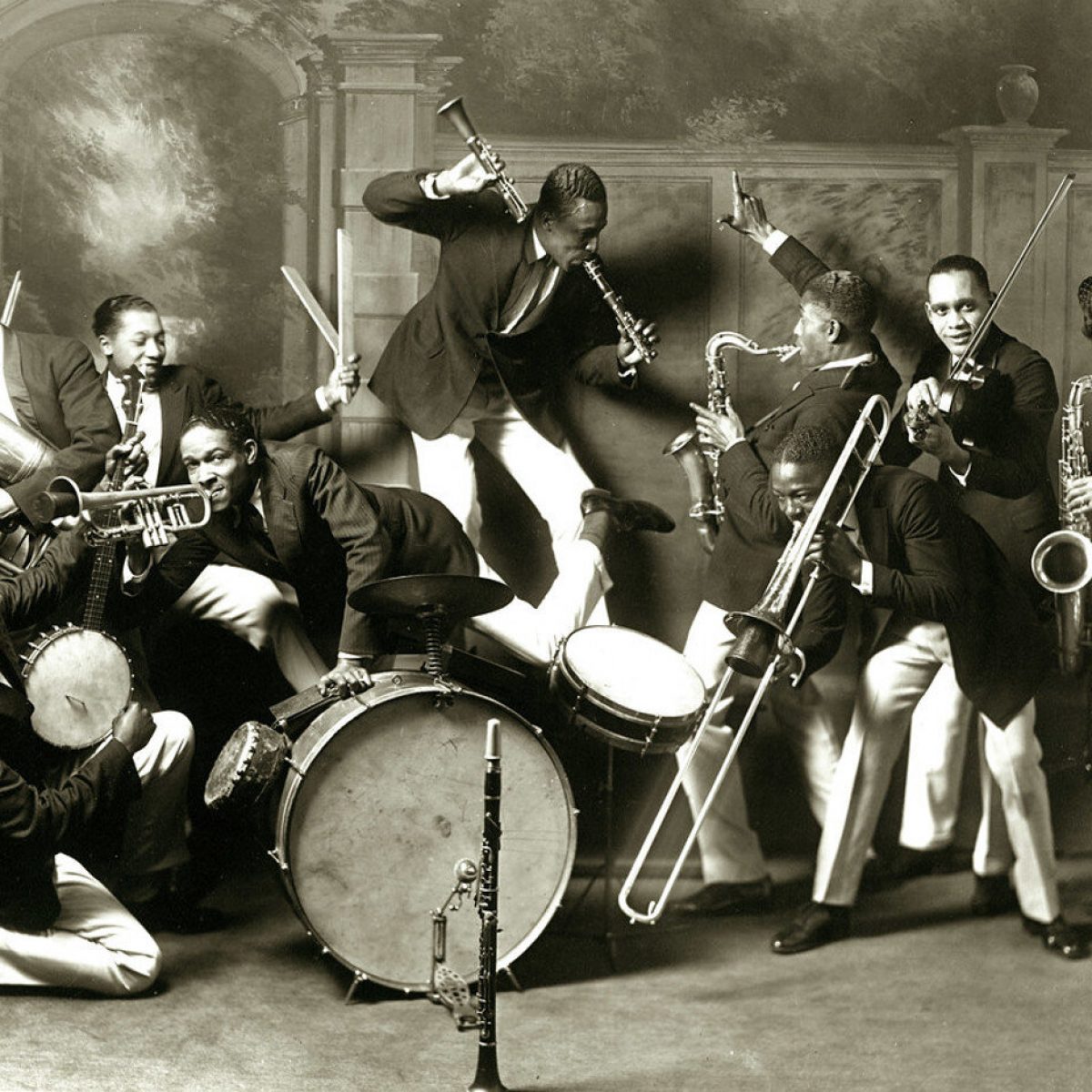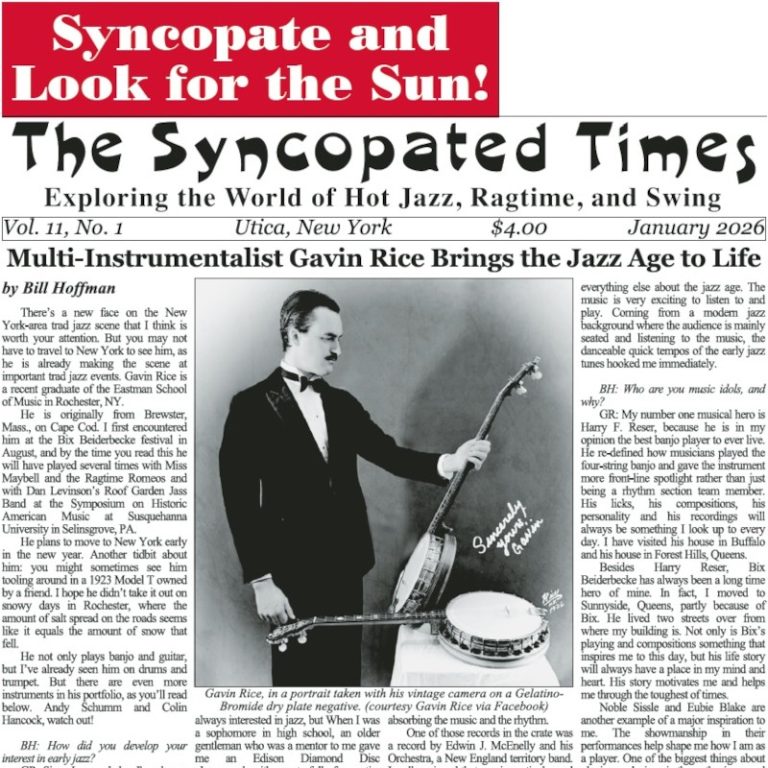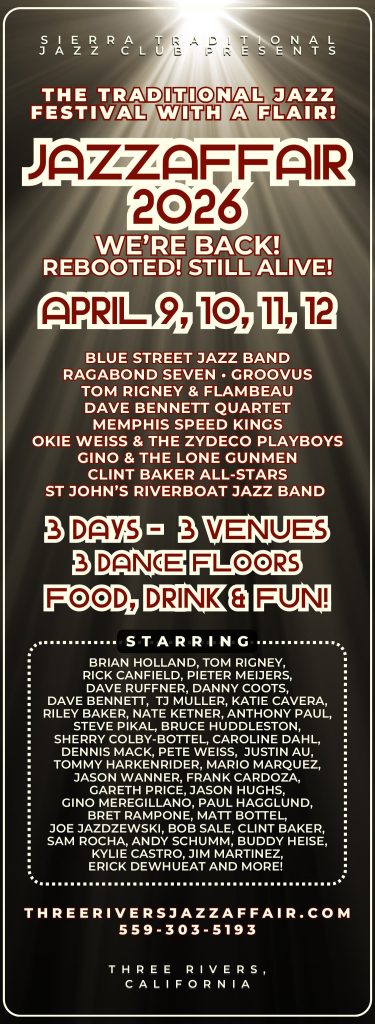![]()
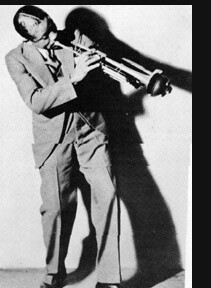 Bubber Miley (April 3, 1903 – May 20, 1932) was the master of the plunger mute. His growling, drunken wah-wah sounding trumpet playing was largely responsible for Duke Ellington ‘s early success and was the most prominent voice in Duke’s bands throughout the years of 1926 to 1928.
Bubber Miley (April 3, 1903 – May 20, 1932) was the master of the plunger mute. His growling, drunken wah-wah sounding trumpet playing was largely responsible for Duke Ellington ‘s early success and was the most prominent voice in Duke’s bands throughout the years of 1926 to 1928.
He grew up in New York and played professionally starting in 1920. In 1921 he took over Johnny Dunn’s spot in Mamie Smith’s Jazz Hounds, and toured and recorded with her off and on until 1923.
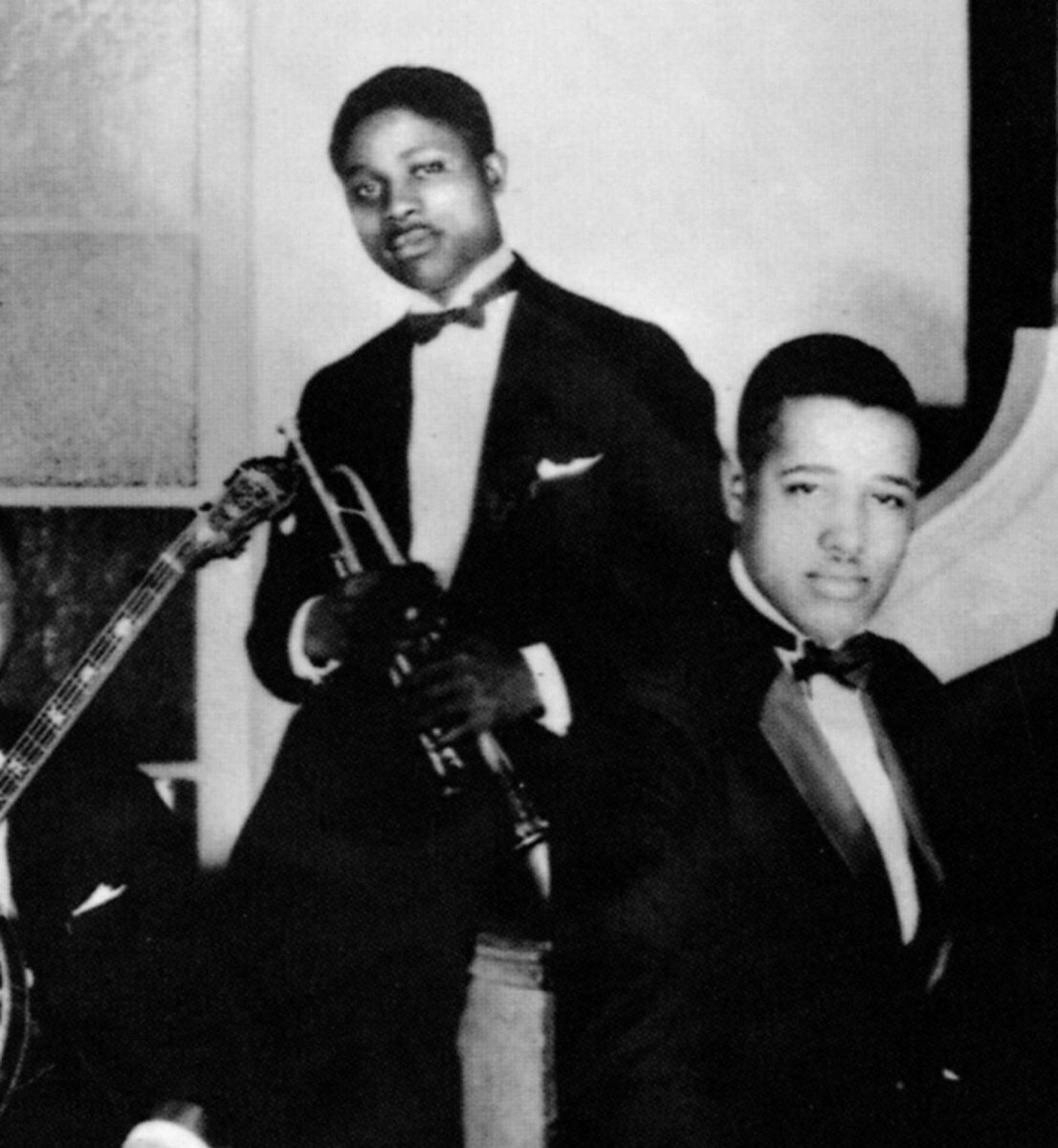
Miley joined banjoist Elmer Snowden’s Washingtonians in 1923 and stayed on when Duke Ellington took over. Miley was influenced by King Oliver, but developed his own distinctive style of playing with mutes and derbys. Miley co-wrote “East St. Louis Toodle-OO” and “Black and Tan Fantasy” and starred on many of Ellington’s recordings during the years 1926 to 1928.
Miley’s alcoholism made him an unreliable band member, which led Duke to fire him in 1929. He went on to play with Zutty Singleton and toured France with the Noble Sissle Orchestra in 1930. Bubber played in a musical review in 1931, but died the following year of tuberculosis.
| The Texas Blue Destroyers | Bubber Miley and his Mileage Makers |
Redhotjazz.com was a pioneering website during the "Information wants to be Free" era of the 1990s. In that spirit we are recovering the lost data from the now defunct site and sharing it with you.
Most of the music in the archive is in the form of MP3s hosted on Archive.org or the French servers of Jazz-on-line.com where this music is all in the public domain.
Files unavailable from those sources we host ourselves. They were made from original 78 RPM records in the hands of private collectors in the 1990s who contributed to the original redhotjazz.com. They were hosted as .ra files originally and we have converted them into the more modern MP3 format. They are of inferior quality to what is available commercially and are intended for reference purposes only. In some cases a Real Audio (.ra) file from Archive.org will download. Don't be scared! Those files will play in many music programs, but not Windows Media Player.


